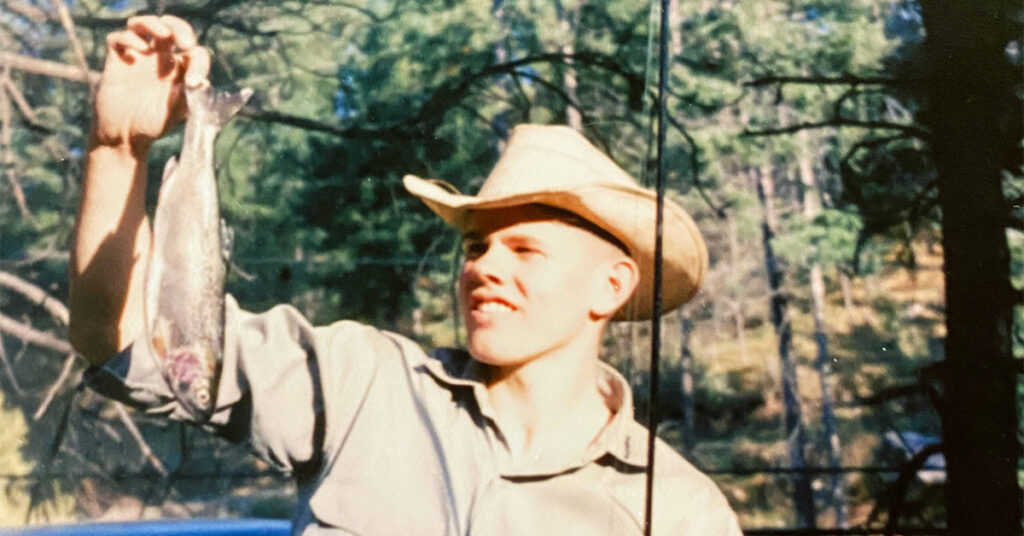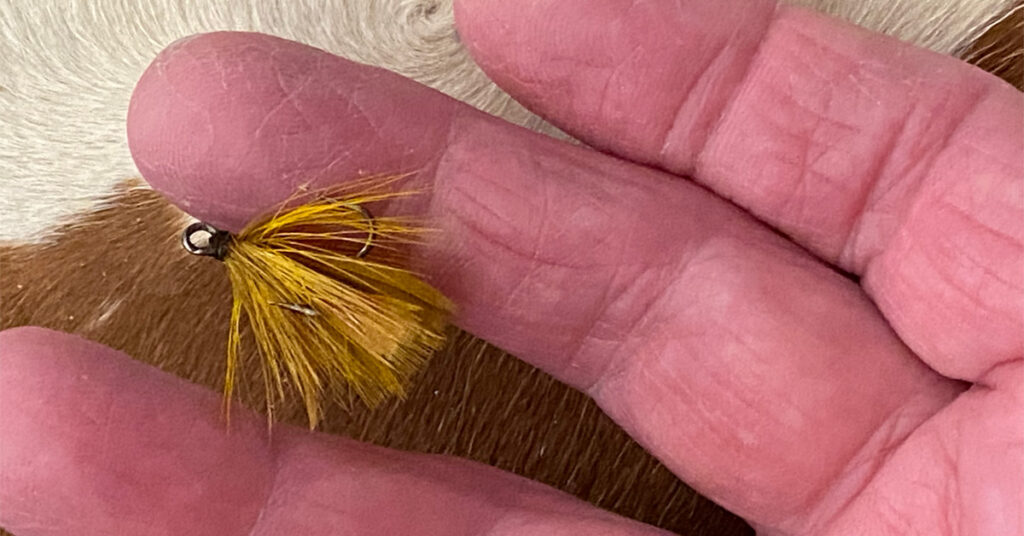II Chronicles 30:17 states, “For there were many in the congregation that were not sanctified: therefore the Levites had the charge of the killing of the Passover for everyone that was not clean, to sanctify them unto the Lord.”
I believe it was during my freshman year at college that I was sitting in a chapel service at NNC, listening to the special speaker who ended his message with an invitation to come forward and pray at the altar of College Church. Out of the whole student body, only I went forward. As I was kneeling and praying, the meeting was dismissed and everyone hurried out to their next class. The sanctuary was totally empty. No one stayed to pray with me—they probably didn’t notice I was still there. It was just God and me. What a wonderful prayer meeting. I cried out to Him, confessing my sins. I wanted to be pure and clean. I put everything on the altar, including a lot of tears. I felt a wonderful peace as I slowly walked out of the church. I noticed the sky was a brighter shade of blue. The leaves on the trees stood out as never before. I felt His Holy Spirit within me. I felt sanctified. I felt revived!
In our text, the word “sanctified” does not mean set apart. The Passover was killed for those “not clean,” so that they could be clean. It took the blood of the Passover lamb to cleanse them. Jesus, God’s lamb, replaced the Passover lamb. Sin can only be eradicated by His blood. Hebrews 10:10 says, “By the which will we are sanctified through the offering of the body of Jesus Christ once for all.”
It is interesting that there were many in the congregation who were not sanctified. It is no different today. Some believe that we cannot be free from sin, that we sin every day in thought, word, and deed. If the blood of Christ can save us from hell, it must also save us from sin. There will not be sin in heaven.
I Corinthians 6:9 says, “Know ye not that the unrighteous shall not inherit the kingdom of God?” If there is going to be revival, there must be a call to holiness, or holy living. If the preacher cannot preach holiness, he should call on an evangelist who can. In our text, the Levites were given the charge of killing the Passover lambs. This job belonged to the priests. II Chronicles 29:34 says that there were not enough priests to offer the lambs, so the Levites helped them, until the other priests got sanctified.
Maybe we have a shortage of sanctified preachers today. Verse 34 also says that, “…the Levites were more upright in heart to sanctify themselves than the priests.” If revival does anything, it must purify hearts.
In a Deeper Life Crusade, the pastors from each church gathered before the service to discuss the order: who should pray, who should make announcements, etc. The pastors of the two largest churches were in contention with one another, using sharp words. One of the small-church pastors said, “Brothers, I thought this was a holiness crusade.”
“There is a fountain filled with blood, drawn from Immanuel’s veins; and sinners plunged beneath that flood, lose all their guilty stains” (William Cowper, 1771). If we want revival let us plunge, brother, plunge. With an interpreter, I preached to a congregation in South Africa. I gave an invitation. No one came down. I went down to the altar myself. Soon the altar was flooded with seekers. Don’t be afraid to be the first one—or the only one. Revival is not complete without the purification of revival!




